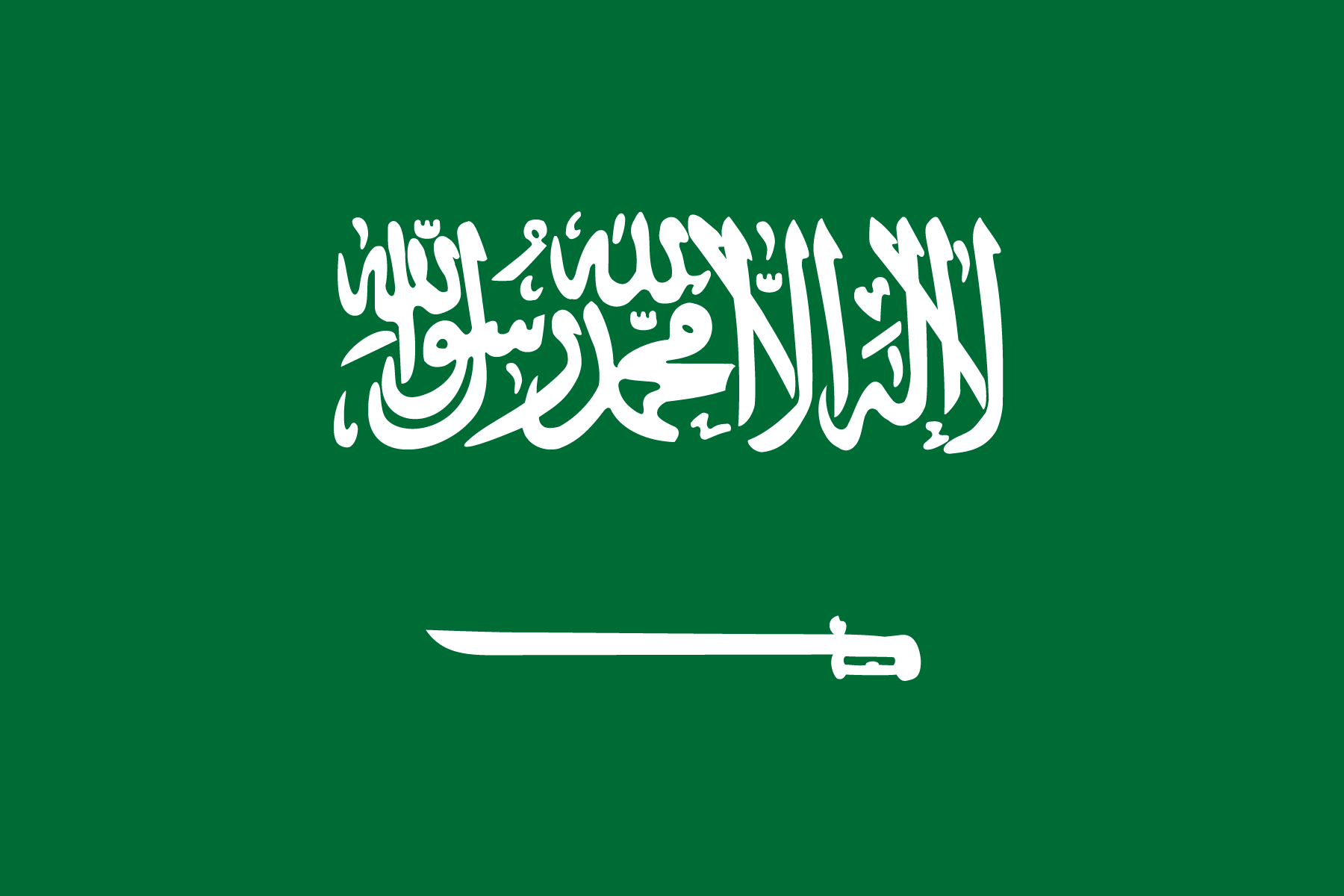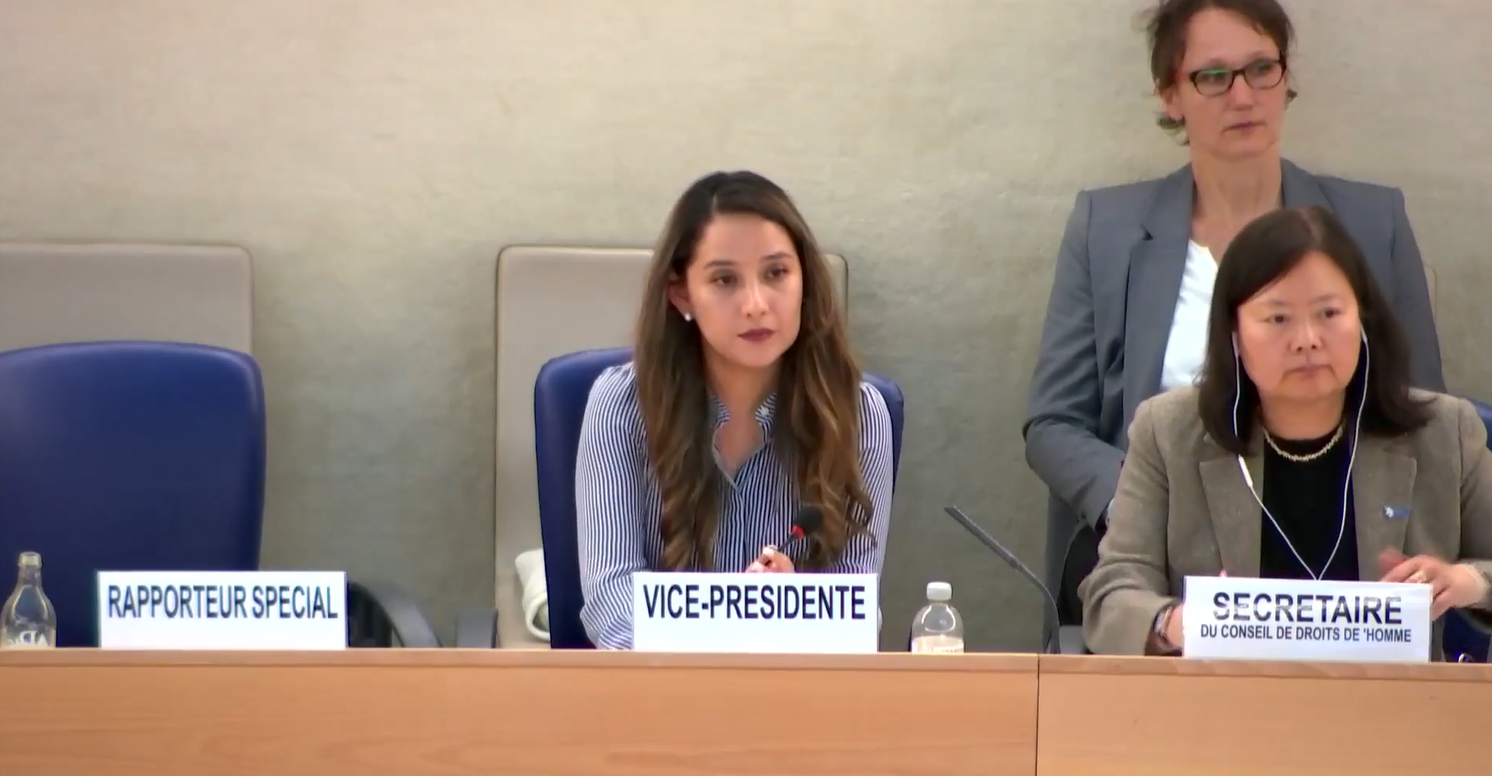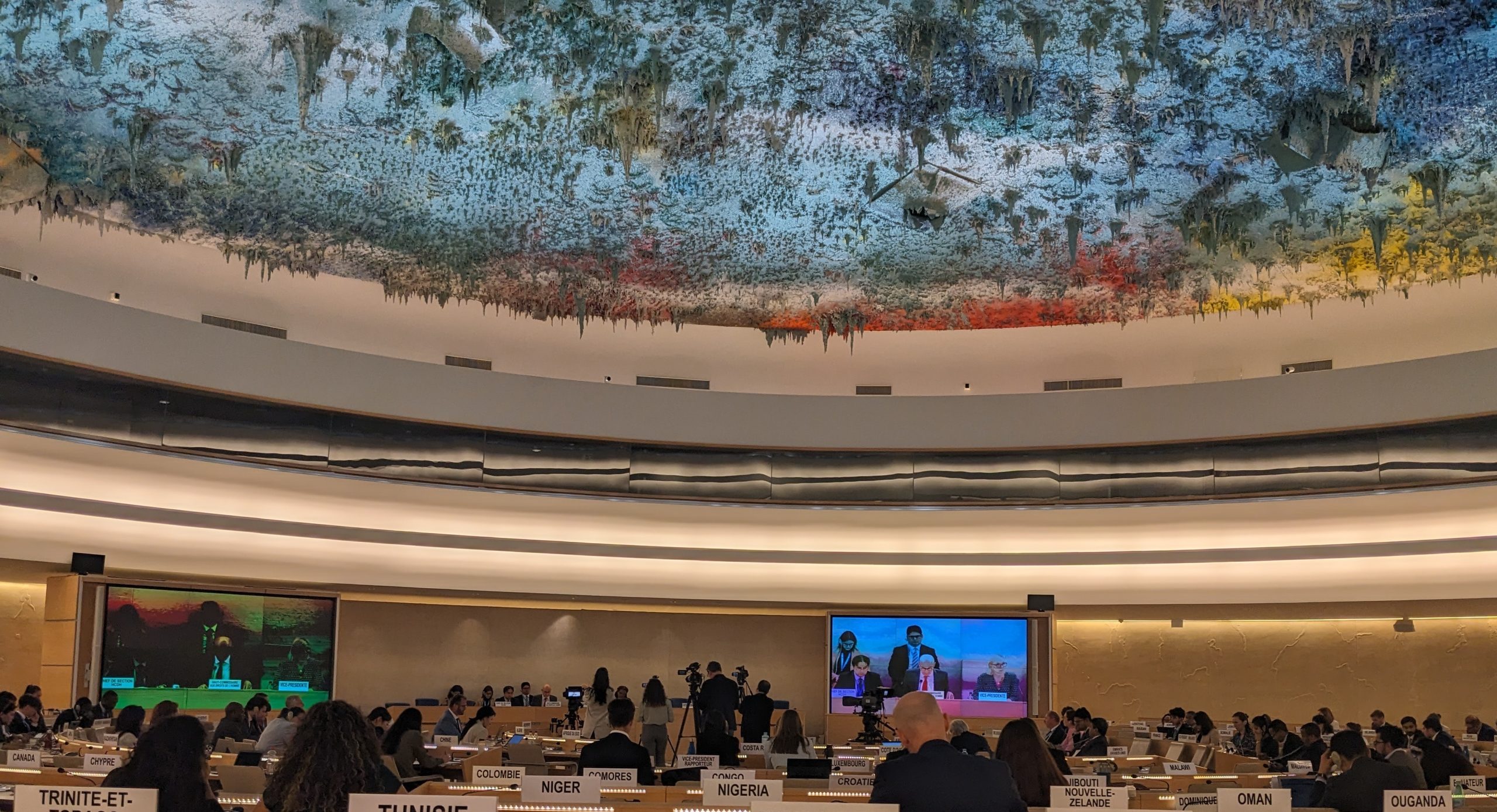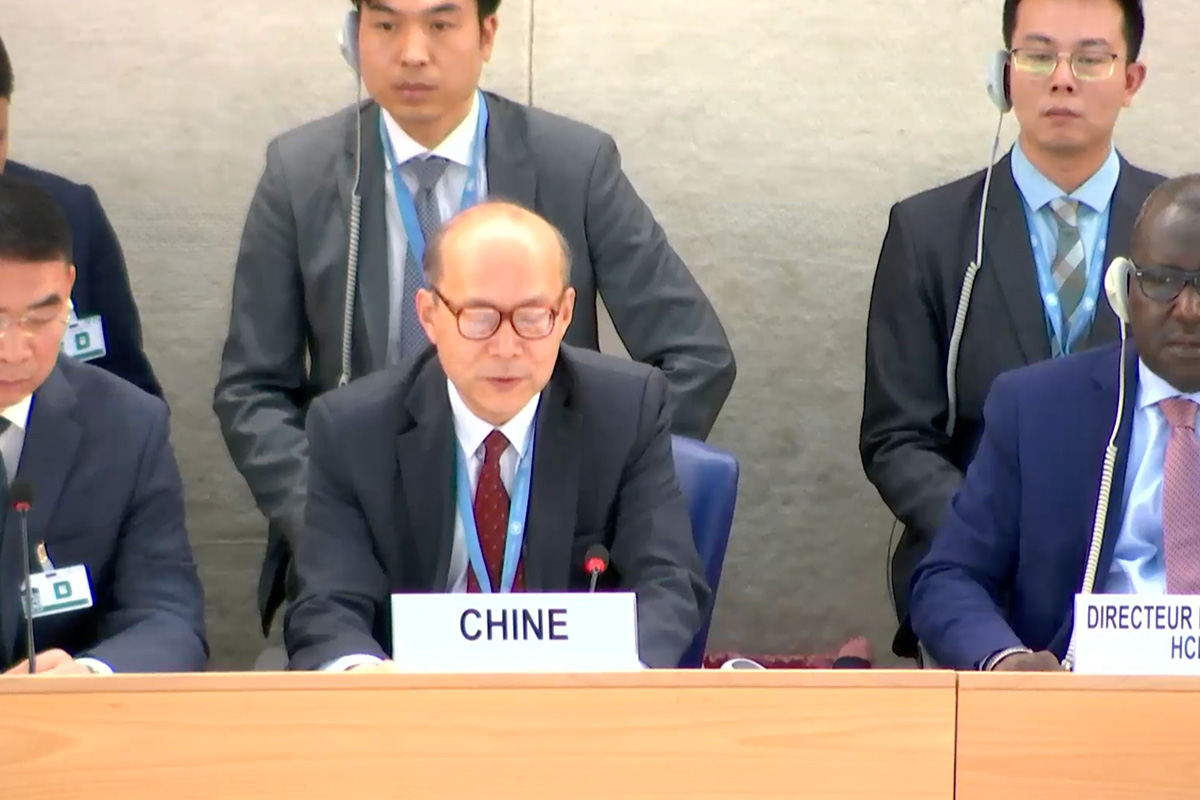In the lead up to HRC52, ISHR has called on States to bring up specific cases of reprisals. On Thursday, 23 March 2023, during the General Debate under Item 5 on Human Rights Bodies and Mechanisms, Belgium, on behalf of the BENELUX group of countries (Belgium, Luxembourg, and the Netherlands), delivered a statement expressing its concern regarding the following cases of intimidation and reprisals against individuals and organisations who cooperated with UN human rights mechanisms:
- Ibrahim Metwally Hegazy in Egypt, the co-founder and coordinator of the Association of the Families of the Disappeared.
- Jiang Tianyong in China, a legal rights activist working at grassroots level to defend land and housing rights, to promote the rights of vulnerable social groups, and to expose root causes of systemic rights abuses.
- The Human Rights Center ‘Viasna’ in Belarus, which works towards the development of civil society and the promotion of human rights in Belarus.
- In Venezuela: El Comité de Familiares de Víctimas del Caracazo (COFAVIC); El Observatorio Venezolano de Conflictividad Social (OVCS); El Centro de Justicia y Paz (CEPAZ); Control Ciudadano (and its director Ms. Rocío San Miguel); and Espacio Público (and its director Mr. Carlos Correa): five NGOs and two individuals working for the promotion of human rights and who have a history of cooperating with the UN.
- In Burundi, Human Rights lawyers and defenders, Armel Niyongere, Dieudonné Bashirahishize, Lambert Nigarura and Vital Nshimirimana, prominent and well-respected figures within Burundian civil society and their local communities.
- In Cameroon, the cases of Jan Capelle and Elvis Brown, the President and the lawyer of the Organic Farming for Gorillas (OFFGO) who support traditional farming and nomadic livestock communities.
States raising cases is an important aspect of seeking accountability and ending impunity for acts of reprisal and intimidation against defenders engaging with the UN. As part of its campaign to #EndReprisals, ISHR mobilised last September on the first five above-mentioned cases in a continuous effort to urge States to publicly condemn these acts of intimidation and reprisals and to push for accountability and redress.
In expressing their concerns regarding these specific cases, BENELUX referred to this year as the 25th anniversary of the UN Declaration on Human Rights Defenders, adopted by consensus by the General Assembly.
Download as PDF
BENELUX went on to urge States and the UN to follow up on, prevent, and make public statements on serious and unresolved cases, and to address them systematically. Similarly, the European Union expressed their deep concerns at instances of reprisals, calling for States to respect, protect, “and strongly condemn any form of intimidation, harassment, and reprisal… do[ing] everything in their power to end and prevent such acts, ensure prompt and impartial investigation, effective remedies, and full accountability for these acts.”
ISHR calls on States to continue to speak out about specific cases of reprisals, to push for accountability and an end to impunity, and to support justice and reparations for victims.




